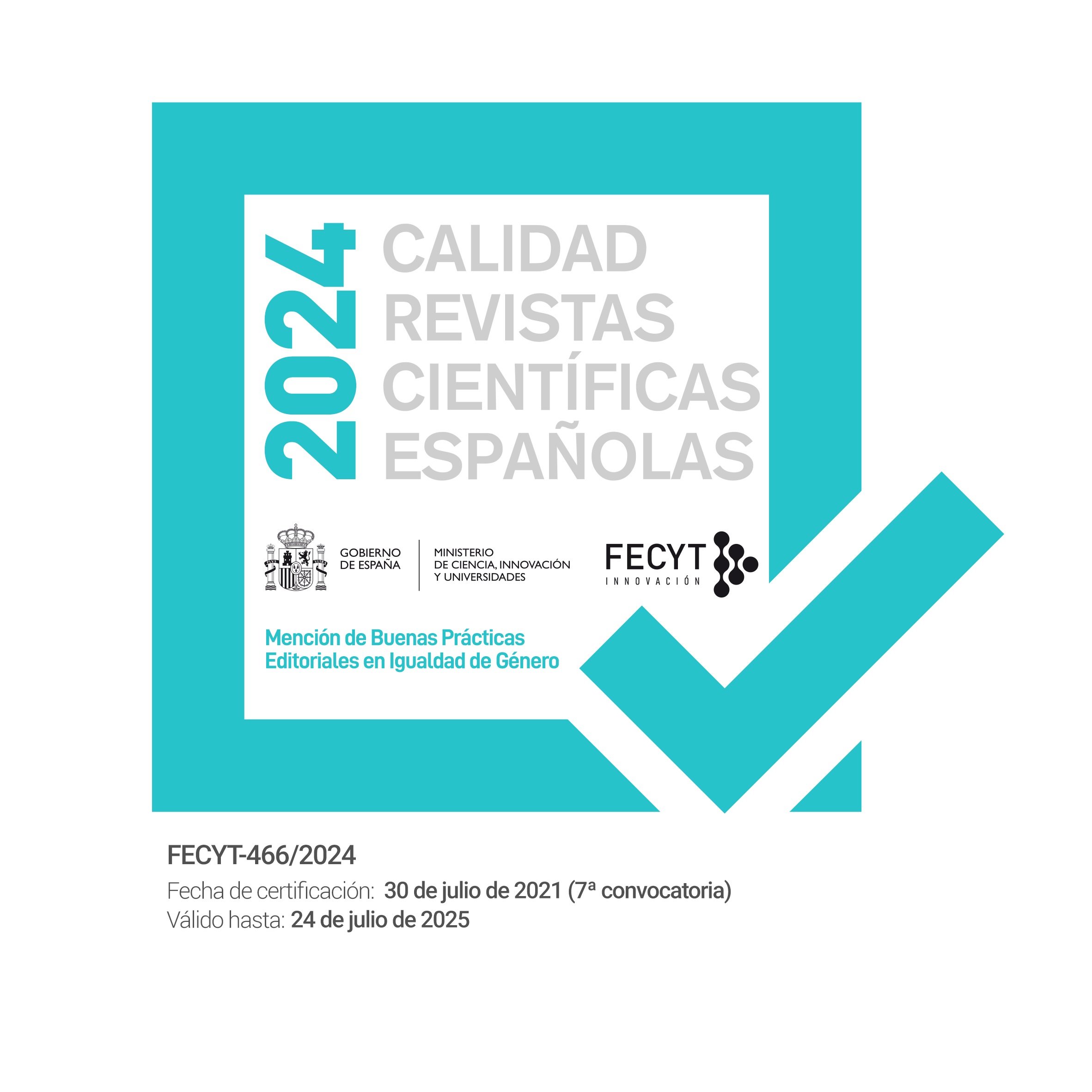Museos y la integración de refugiados en el Reino Unido.
DOI:
https://doi.org/10.7203/eari.4.2658 Abstract
Abstract
El proyecto analizado es parte de una investigación doctoral que examina los beneficios sociales, personales y psicosociales que los refugiados pueden derivar de las prácticas educativas de museos en el Reino Unido. Más específicamente el estudio investiga cómo los museos pueden fomentar la integración de los refugiados, contribuyendo a la eliminación de barreras derivadas de la falta de competencias lingüísticas y culturales. Con este fin, se analiza el trabajo realizado en los últimos 4 años por el Sainsbury Centre for Visual Arts* con refugiados reasentados a través del Gateway Protection Programme, un esquema gestionado por el Home Office (Ministerio del Interior) y ACNUR (Alto Comisionado de las Naciones Unidas para los Refugiados).Se considera el museo como un ambiente de aprendizaje de libre elección para demostrar cómo los museos pueden contribuira desarrollar nuevos conocimientos y habilidades. Más concretamente, el proyecto explora cómo las colecciones de museos pueden estimular narrativas subjetivas acerca del proceso de integración, contribuyendo a adquirir habilidades culturales y lingüísticas. Los datos recogidos proceden de una amplia gama de metodologías cualitativas de investigación, que incluyen la observación participante en talleres y el análisis de las respuestas creativas a los objetos. Como consecuencia de la participación en dichas actividades, los participantes demostraron avances importantes en sus competencias lingüísticas y culturales.
*El Sainsbury Centre for Visual Arts es el museo universitario de la Universidad de East Anglia.www.scva.ac.uk
Palabras claves: museos, refugiados, integración, capital social, capital humano, colecciones.
Abstract: The case study analysed here is part of an on-going PhD project researching the social, personal and psychosocial benefits refugees might derive from museum-based activities. The study presented is particularly concerned with the way museums in Britain can encourage refugees’ integration, eliminating barriers particularly stemming from lack of linguistic and cultural competences. It analyses the work done in the last 4 years by the Sainsbury Centre for Visual Arts* with local refugees resettled in Norwich as part of the Gateway Protection Programme, a scheme jointly run by the Home Office and UNHCR (United Nation High Commissioner for Refugees). I apply the idea of museums as free-choice learning settings to discuss how museums can support the provision of new knowledge and skills. More particularly, the case study explores how objects can be used as means to stimulate subjective narratives around the process of resettlement, contributing to gain cultural and linguistic skills. Data collected come from a range of qualitative research methodologies, including ethnographic participant observation of workshops and the analysis of creative responses to collections. As a consequence of their involvement in museum-based activities, research has so far demonstrated that participants reported relevant progress in their language and cultural competences.
*The Sainsbury Centre for Visual Arts is the university museum of the University of East Anglia.www.scva.ac.uk.
Key words: museums, refugees, integration, social capital, human capital, artefacts.
 Downloads
Downloads
Downloads
Published
How to Cite
-
Abstract480
-
PDF (Español)142
Issue
Section
License
![]()
Educación artística: revista de investigación (EARI) retains the proprietary rights (copyright) of published works, and favors and allows the reuse of the same under the license Creative Commons Attribution-Noncommercial Use 4.0 International License (CC-BY-NC 4.0), which allows third parties to use the published material whenever the authorship of the work and the source of publication is mentioned (journal, publisher and URL of the work), and it is used for non-commercial purposes.
Authors are encouraged to disseminate their work after it has been published, through the internet (for example, in institutional archives online or on its website) which can generate interesting exchanges and increase work appointments.








